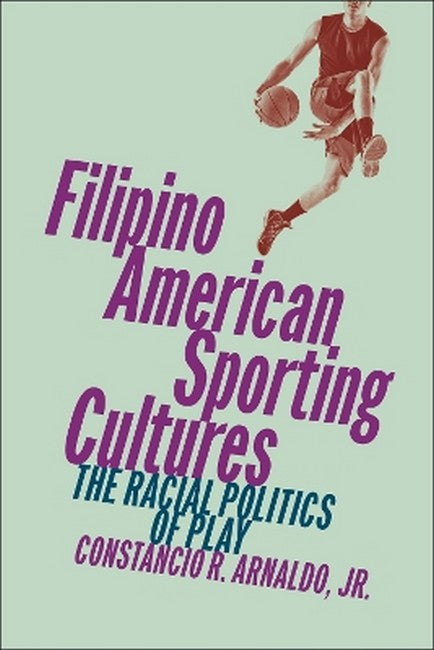Examines the significance of sports in the lives of diasporic Filipino Americans Organized sports have occupied a central place in Filipino American life since US colonialism began in the Philippines in 1898. For Filipino diasporas in the United States, sports are important cultural sites through which men and women cultivate a sense of ethnic community and belonging to the American national fabric. Sports studies focused on Asian America have tended to focus on East Asians, largely ignoring Filipinos. Thus, we know very little about how sports work as critical arenas to understand larger questions about Filipino identity formations, racialization, gender dynamics, diasporic contours, and post-colonial sporting cultures. This book offers an in-depth ethnographic examination of the significance of sports to the lives of Filipino Americans under the shadow of US empire and neocolonial inequities. Through a close examination of Filipino American sporting cultures-from boxing and the Manny "Pac-Man" Pacquiao phenomenon to men's basketball leagues to women's flag football-this book shows how engagements with sports reveal the shifting nature of Filipino Americanness and Filipino American subjectivity. Drawing on over four years of data collected in Southern California, Las Vegas, Urbana-Champaign, and Arlington, Constancio R. Arnaldo, Jr. documents the intimate connections among Filipino American sports, transnationalism, and diasporic belonging. Filipino American Sporting Cultures adds an important voice to the body of work using sports as a lens to look at US culture and communities of color.

